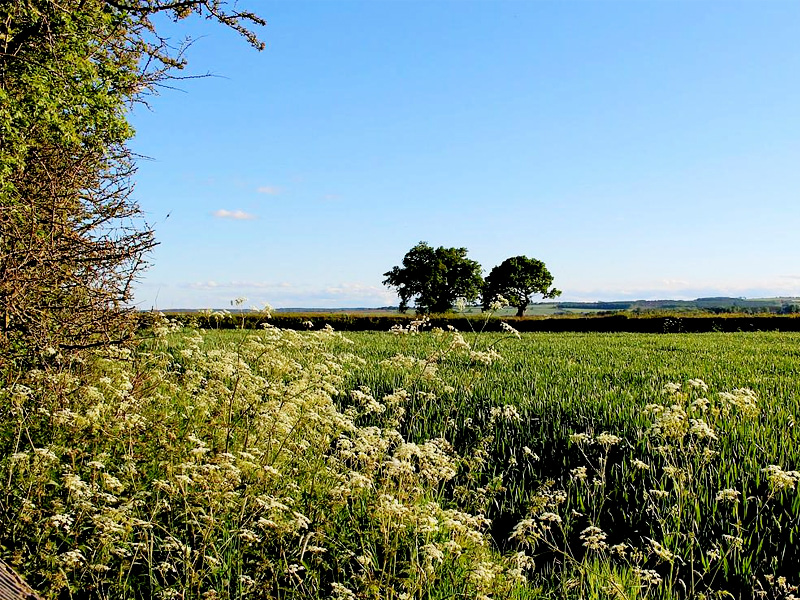Next year, a landmark moment in environmental legislation is set to reshape how we approach development projects and conservation efforts: implementing Biodiversity Net Gain (BNG) legislation. This groundbreaking policy aims to ensure that development avoids harming the environment and actively contributes to its improvement.
Biodiversity Net Gain is a concept that goes beyond traditional conservation efforts. Instead of merely mitigating the negative impacts of development on ecosystems, BNG requires developers to enhance biodiversity within the project area. This means that the natural environment should be more ecologically robust after a development is complete.
Key Principles of Biodiversity Net Gain Legislation
Quantifiable Metrics
Biodiversity Net Gain legislation introduces a measurable approach to conservation. Developers are required to assess the biodiversity value of the land before and after the project using standardised metrics. This quantifiable approach ensures transparency and accountability in achieving net gains.
Mandatory Implementation
Unlike previous conservation measures, BNG is not optional. Developers are legally obliged to deliver a net gain in biodiversity, making it a compulsory aspect of the planning process. This shift from mitigation to positive action is a fundamental change that reflects the growing recognition of the severity of biodiversity loss.
No-Net-Loss to Net Gain
Traditional environmental impact assessments often aimed for “no-net-loss” of biodiversity. Biodiversity Net Gain surpasses this standard by requiring a measurable increase in biodiversity. This transformational approach acknowledges the critical need to reverse the global decline in species and ecosystems.
Flexible Offsetting
BNG legislation recognises that net gain may not always be feasible on the development site. In such cases, developers can invest in biodiversity offset projects elsewhere, such as a local farm, ensuring a balance between conservation and development.
Long-Term Monitoring and Maintenance
The legislation includes provisions for long-term monitoring and maintenance to guarantee the sustainability of biodiversity enhancements. Developers must commit to ensuring that the net gains achieved are sustained over time, preventing any backslide in ecological health.
So what are the benefits of Biodiversity Net Gain legislation?
Ecosystem Resilience
Developing projects can foster greater ecosystem resilience by actively contributing to biodiversity enhancement. This, in turn, improves their capacity to withstand environmental changes and disturbances.
Enhanced Green Infrastructure
BNG legislation encourages incorporating green spaces and natural features into urban development. This benefits biodiversity and provides numerous ecosystem services, such as improved air and water quality, enhanced aesthetics, and recreational opportunities.
Climate Change Mitigation
Biodiversity plays a crucial role in climate change mitigation. Healthy ecosystems sequester carbon, regulate temperature, and contribute to overall climate resilience. BNG legislation aligns with broader efforts to combat climate change by promoting the restoration and preservation of natural habitats.
Corporate Social Responsibility
BNG legislation places corporate responsibility at the forefront of development projects. Companies are now accountable for their environmental impact, fostering a shift towards more sustainable and ethical business practices.
Implementing Biodiversity Net Gain legislation in 2024 marks a paradigm shift in how we approach development and environmental conservation. If you’re a developer wanting to know more about BNG or an owner of rural land who has been contacted by a developer and need help and advice, please don’t hesitate to call Ray Phillips on 01522 696496, email ray@walters-rural.com




